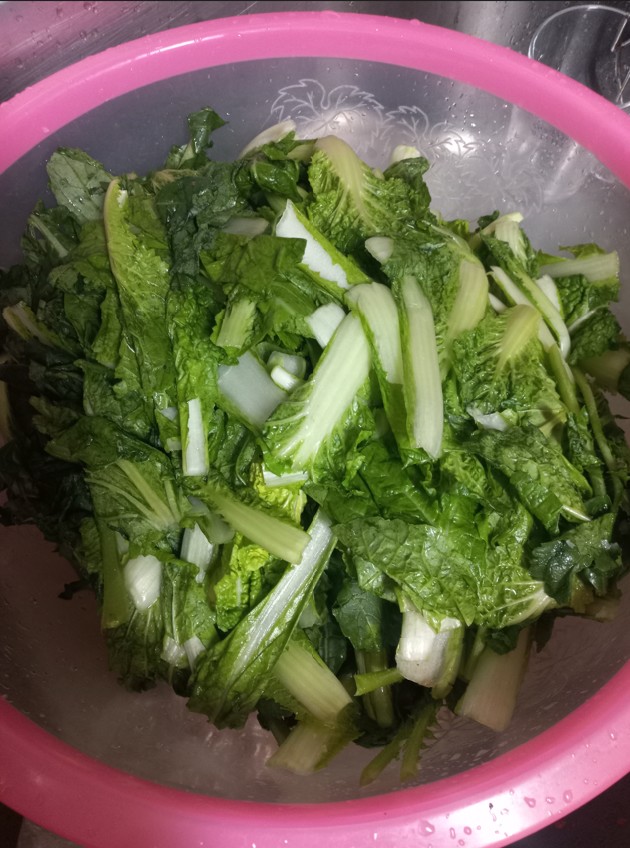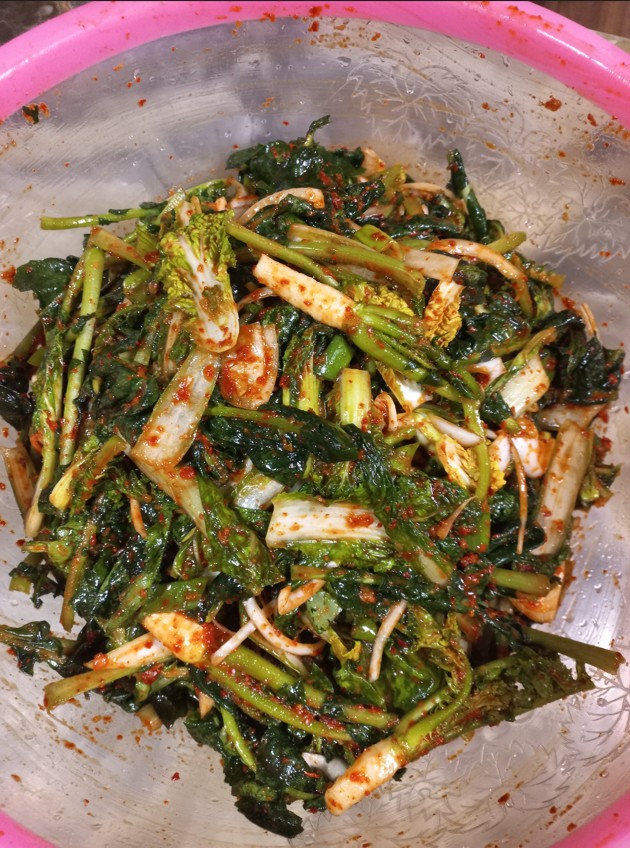 Is kimchi Korea’s representative national food?
Is kimchi Korea’s representative national food?
Is kimchi Korea’s representative national food?
Kimchi, a traditional fermented vegetable dish, occupies a special place in Korean cuisine. It is often regarded as a staple food and a symbol of Korean culture. But is kimchi really Korea’s representative food?
A Study on the Meaning of Kimchi in Korean Culture.
Kimchi has a long history going back thousands of years in Korea. It was developed as a means to preserve vegetables during the harsh Korean winters when fresh produce was initially scarce. Over time, it has developed into a beloved dish that represents the essence of Korean cuisine.
The popularity of kimchi in Korea is undeniable. It is estimated that Koreans consume an average of 40 pounds of kimchi per person every year. Every household has a unique kimchi recipe passed down from generation to generation.

The Impact of Kimchi’s Role on Korea’s Identity.
While kimchi is not officially recognized as Korea’s national food, it is deeply related to Korea’s identity. The strong connection between kimchi and Korean culture is evident in various aspects of life, including art, literature, and even politics.
Gimjang, the tradition of making a lot of kimchi, is an integral part of Korea’s heritage, usually during the winter. Families and communities come together to prepare a vast amount of kimchi, which inspires unity and cultural pride.
The global popularity of kimchi.
In recent years, kimchi has received international acclaim and become a symbol of Korean cuisine all over the world. The unique blend of flavors, the complexity of fermentation, and the health benefits of kimchi have captured the attention of food lovers around the world.
As kimchi’s popularity has grown, it has become a menu item in many international restaurants, and many different kinds of kimchi are being tested in many parts of the world. Such cultural exchanges through food have helped raise awareness of Korean cuisine and contribute to its global recognition.
The variety of Korean food.
Kimchi remains an integral part of Korean cuisine, but it is just one of many delicious dishes that make it diverse and appealing. From bulgogi (grilled beef) to bibimbap (mixed rice), the taste and texture found in Korean cuisine are testament to the richness of Korean culinary traditions.
Korean food combines elements of spicy, sweet, and umami to symbolize a harmonious balance of flavors. Each region of Korea also boasts its own speciality, showcasing the country’s unique culinary traditions.